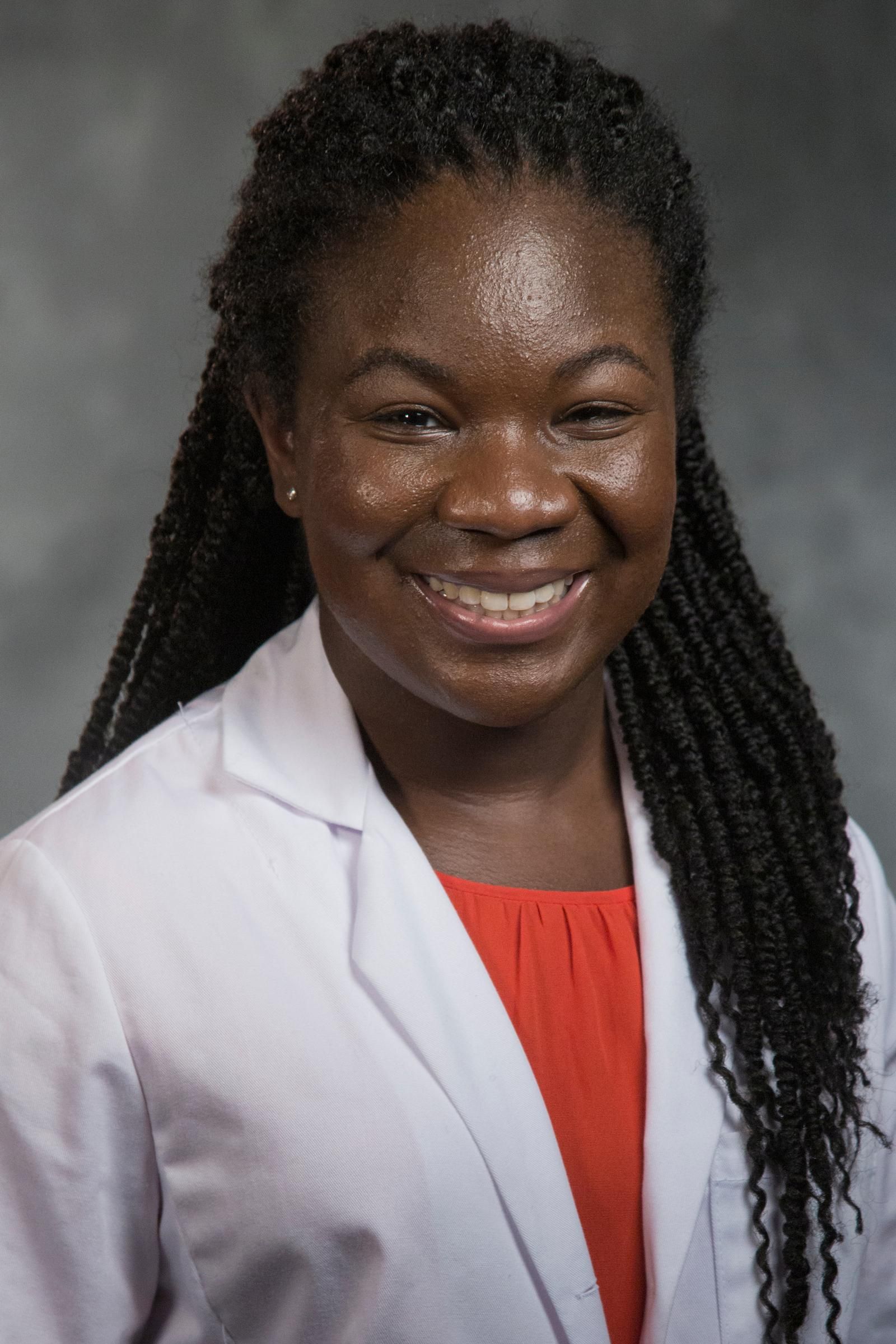
Allison
Taylor
Positions
- Fellow
- House Staff
Basics
Hometown
Accra, Ghana and Lincoln, RI
Where did you attend university/college?
Georgetown University
Where did you attend medical school?
Georgetown University School of Medicine
If applicable, what other degrees do you hold and from what institutions?
MS, Georgetown University
What are your career goals?
General Internal Medicine and Hematology/Oncology
"The Duke program provides solid internal medicine training that will prepare you for whatever you want to do after, whether its primary care, hospital medicine or subspecialty training. It does so without compromising camaraderie and a nurturing learning environment."
-Allison Taylor
Reflections on the Duke Program
What were you looking for in a residency program?
I was looking for a program that would arm me with the tools to provide care for patients from different backgrounds, and particularly committed to serving underserved populations. It was also very important for me to be in place with a strong global health program since I plan to ultimately to have a career where I spend some of my time abroad. Additionally, access to faculty involved in world class research was key as I explore my interests. Lastly, I really wanted to be in an environment surrounded by supportive yet hardworking colleagues. From interview day and second look weekend, it was clear that Duke checked all these boxes.
What are the strengths of the Duke Program?
The Duke program provides solid internal medicine training that will prepare you for whatever you want to do after, whether its primary care, hospital medicine or subspecialty training. It does so without compromising camaraderie and a nurturing learning environment. The leadership is also committed to making the residency experience an educational one.
What are your observations about the relationships between faculty and house staff?
Faculty and house staff are so comfortable exchanging ideas with each other that ultimately serves to provide us with the tools and expertise to provide better patient care.
Tell us about your co-residents. What has helped you connect, support each other, and form friendships?
Even with the pandemic, we had a GroupMe chat going pretty early on which was helpful in fielding answers to questions as we all made the transition to Durham, and come up with innovative ways to stay connected in a socially distanced manner once we got here.
About Duke University and Durham
What has surprised you most about Duke?
Everyone is so nice! From faculty, the chiefs, my co-interns and upper levels, nurses, respiratory therapists, case managers, you name it. I always feel comfortable asking for a helping hand.
What is the best thing about living in Durham and the Triangle?
The ease of getting from one place to another. I lived in Washington DC before this and although I loved being in the city it’s nice to not have to deal with traffic and be able to get almost anywhere I need to be in 15 minutes.
How does the Triangle appeal to people of diverse backgrounds?
With major universities and RTP, the Triangle attracts people from all over the world creating a microcosm of perspective and ideas.
Where did you choose to live and why?
I decided to live within walking distance from the hospital to give me a chance to get my daily walks in!
What advice would you give to someone looking to move to Durham?
There are so many options for accommodation at affordable places. Start looking early and reach out to current residents.
What are your interests outside of medicine?
I enjoy yoga, long walks, museums, brunches, dinners, listening to audiobooks, traveling internationally, cooking, discovering new places in the Triangle, and spending time with family and friends.